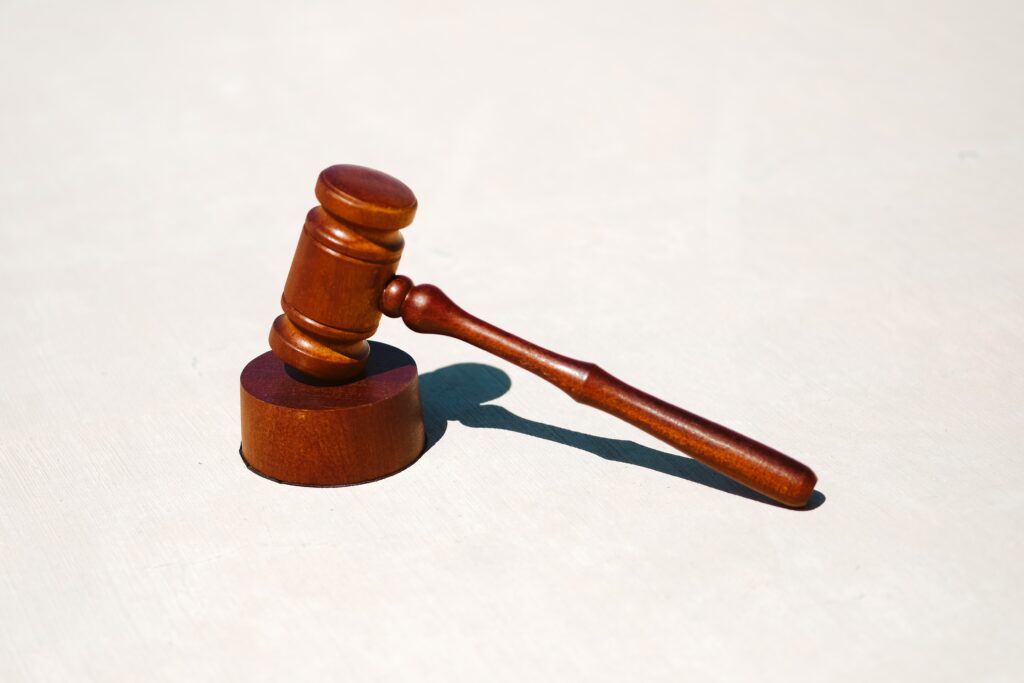Now Reading: Powers of Speaker of Lok Sabha and Chairman of Rajya Sabha
-
01
Powers of Speaker of Lok Sabha and Chairman of Rajya Sabha
Powers of Speaker of Lok Sabha and Chairman of Rajya Sabha
The Lok Sabha elects two of its members as Speaker and Deputy Speaker. When the Officer of Speaker is vacant the Deputy Speaker performs the duties the Speaker’s office (Art. 93). However, if the office of Deputy Speaker is also vacant, the duties of Speaker shall be performed by such member of the House as the President may appoint for the purpose (Art. 95(1)). The Deputy Speaker also acts as the Speaker when the Speaker is absent from any sitting of the House. If, however, he is also absent, such person as may be determined by the rules of the Houses and if no such person is present such other person as may be determined by the House shall act as Speaker (Art. 95 (2)).
Powers of Speaker of Lok Sabha
According to the Constitution of India, a Speaker is vested with vast body and discretionary powers, a number of that are enumerated below:
- The Speaker presides over the meetings within the House. In different words, the business within the house is conducted by the Speaker, making assure discipline and decorum amongst its members. He/she guards the rights and privileges of the members of the 2 houses, deciding who ought to speak at what time, the questioning to be asked, the order of proceedings to be followed, among others.
- A Speaker uses his/her power to vote, so as to resolve a stalemate. That is, when the House initiates a voting procedure, he does not cast a vote in the first instance. However, when the two sides receive equal number of votes, the Speaker’s vote is employed to resolve the impasse, creating the his position as impartial as within the English system of democracy.
- In the absence of a quorum within the House, it is the duty of the Speaker to adjourn the House or to suspend any meeting, till the quorum is met. The Speaker decides the agenda that has to be mentioned during a meeting of the Members of the Parliament.
- The Speaker is endowed with the vast powers of decoding the principles of Procedure. That is, since he/she is the member of the House as well as the Presiding Officer at the same time, he ensures the discipline of the House. The Speaker ensures that MPs are punished for unruly behaviour. A Speaker also can disqualify a Member of Parliament from the House on grounds of defection. It is within the power of a Speaker, to allow the varied parliamentary procedures like the motion of adjournment, the motion of no confidence, the motion of censure, among others.
- The Speaker of the Lok Sabha administers over a joint sitting of the two houses of Parliament.
- Once a money Bill is transmitted from the Lower House to the Upper House, the Speaker is exclusively accountable for endorsing his or her certificate on the Bill. In different words, he/she is given the crucial power to make a decision whether or not any Bill could be a money Bill. This decision is considered as final, and every one procedures henceforth, should be carried on accordingly.
- The Speaker has under his or her jurisdiction, variety of Parliamentary Committees like the rules Committee, the Business advisory Committee and also the General purposes Committee. The Speaker nominates the varied Chairmen of these Committees, similarly as appearance into the procedural hindrances of the workings of those Committees, if any.
- Besides heading the Lok Sabha, the Speaker is also the ‘ex-officio’ President of the Indian Parliamentary group. He/she additionally acts within the capacity of Chairman of the Conference of Presiding Officers of Legislative Bodies in India.
- As a part of the Speaker’s administrative role, he or she is the head of the Lok Sabha Secretariat, maintaining absolute security surveillance within the Parliament.
Powers of Chairman of Rajya Sabha
- As the Chairman of the Rajya Sabha, the Vice-President presides over the meetings of the House.
- As the Presiding Officer, the Chairman of the Rajya Sabha is the unchallenged guardian of the prestige and dignity of the House. He is also the principal spokesman of the House and represents the collective voice to the outside world.
- He ensures that the proceedings of the House are conducted in accordance with the relevant constitutional provisions, rules, practices and conventions and that decorum is maintained in the House.
- He is the custodian and guardian of the rights and privileges of the House and its members.
- Due to several pressing and urgent engagements and preoccupations as Vice-President he may not be able to devote full time as Presiding Officer of the Rajya Sabha, but in practice he presides during the first hour of the sitting of the House which is the Question Hour.
- The Chairman’s rulings cannot be questioned or criticised and to protest against the ruling of the Chairman is a contempt of the House.
- In his task as Chairman, he is assisted by the Deputy Chairman who is a member of the House and elected by it.
- The Deputy Chairman presides over the Rajya Sabha in the absence of the Chairman and performs the duties of the office of the Chairman if the Vice-President is acting as President or if there is a vacancy in the office of the Vice-President.
- A Vice-Chairman presides over the meeting of the Rajya Sabha in the absence of the Chairman or the Deputy Chairman. There is a Secretariat of the Rajya Sabha headed by a Secretary-General to assist the Chairman in the discharge of his functions.
- As the Presiding Officer, the Chairman of the Rajya Sabha is the unchallenged guardian of the prestige and dignity of the House.








